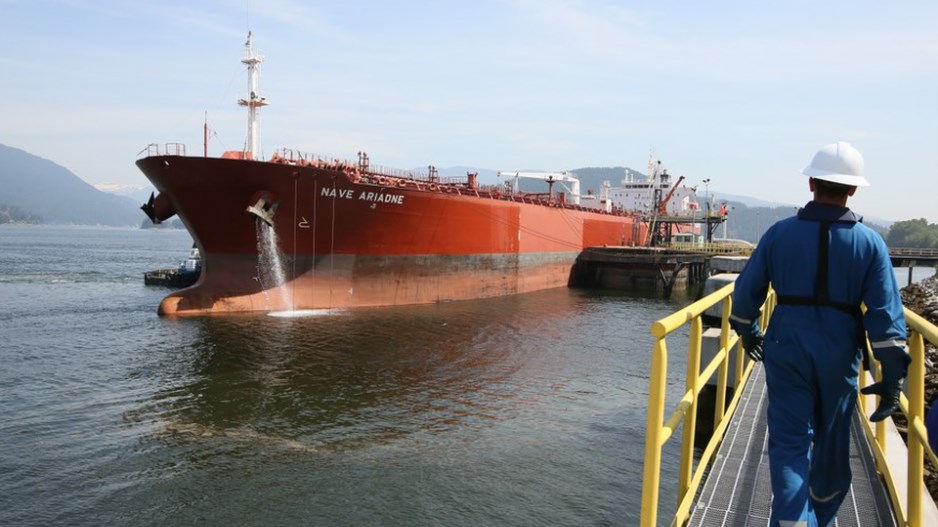Inflation in Canada was expected to reach 5% this year before tailing off to 3% by the end of 2022, according to a recent outlook by RSM Canada.
But that was before Russian President Vladimir Putin decided to invade Ukraine. The invasion triggered an immediate spike in global oil prices, which will in turn drive up gasoline prices.
High oil and gasoline prices are a major contributor to inflation, since almost everything we consume moves by truck, rail, plane or ship.
“Every $10 rise in oil tends to boost headline inflation in the U.S. and Canada by roughly 0.4 percentage points,” BMO Economics notes in a special report on the Russian-Ukraine war.
“And note that January’s already-lofty readings—7.5% in the U.S. and 5.1% in Canada—had not fully taken on-board the rise to $90 oil, let alone $100. Thus, if prices hold at current levels, or head higher, this factor alone could bump headline inflation by roughly 0.6 ppts.”
But other staples and primary commodities can also contribute to inflation, and Russia just happens to be a major producer of the stuff of modern life: oil, natural gas, potash, wheat and industrial metals like nickel (an alloy for making stainless steel).
It’s a lot like Canada in that respect. Canada is also a major producer of oil, natural gas, potash, wheat and nickel.
“With Russia and Ukraine being major producers of wheat, corn, oil and natural gas, both global and U.S. food and energy prices are going to potentially face another inflationary impulse,” BMO Economics warns.
Depending on how long the war in Ukraine lasts, and how much trade between Russia and the rest of the world gets disrupted, there may a major surge in demand and price for those commodities produced in Western Canada, which is considered a stable supplier.
Patricia Mohr, former Scotiabank commodities analyst and current editor of Critical Metals for a Sustainable World, said she did not believe inflation would be as transitory as many economists have predicted, and now thinks it could be even more protracted, depending on how long a war in Ukraine lasts.
“I would say inflation is going to stay fairly high for a while,” Mohr said.
Bryan Yu, chief economist for Central 1 Credit Union, said some of the other inflationary pressures, like supply issues, are expected to ease later this year, but agrees the situation in the Ukraine could add some momentum to inflation.
“At this point, it is just amplifying some of the factors we’ve seen already and putting more uncertainty in the market,” he said.
The Western World, including Canada, is responding to the invasion of Ukraine with a barrage of economic sanctions against Russia.
Those sanctions won’t necessarily mean that all Russian exports of wheat, potash and oil will stop flowing to customers in Europe, the U.S. and elsewhere.
But the fear alone that there could be shortages of these commodities could still lead to higher prices, Mohr said.
“What does happen is the traders start to bid up the price because they realize the supply risk,” Mohr said. “So the biggest impact probably isn’t so much on actual volumes traded as it is on price.”
Brent crude oil shot above US$100 per barrel today. The American benchmark, West Texas Intermediate (WTI) was above US93 per barrel, and Western Canadian Select (WCS) hit US$78 per barrel.
Alberta producers have been responding to the recent rise in oil prices with increased production. The International Energy Agency forecasts Canadian oil production could average 5.87 million barrels per day this year, which would be an historical high.
Next to oil, potash is arguably the most important commodity to modern civilization, since it is the key ingredient for making fertilizer and, hence, food. Canada – specifically Saskatchewan – is the world’s top producer of potash, followed by Belarus and Russia.
Canada is also the world’s seventh largest producer of wheat. Mohr expects to see Western Canada reaping a windfall, as a result of high key commodity prices.
“You’re going to be seeing extra volumes through the Port of Vancouver,” Mohr said. “The demand for Canadian commodities, particularly from the Port of Vancouver, will increase and the prices will be stronger.”




